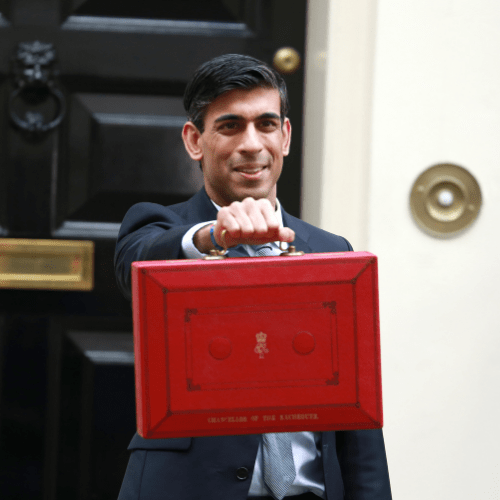Nurseries take stock of budget impact
What does Rishi Sunak's 2021 budget mean for nurseries?

Nurseries take stock of budget impact
Although nurseries were not forced to close their doors throughout the second and third lockdowns, occupancy rates in many areas have been low as schools have closed and parents have kept their children at home. Before the second lockdown in December, occupancy had generally been slowly improving, but this improvement tailed off with Covid infections surging over the winter and nurseries have found themselves bearing an extended financial burden.
The government has now announced its roadmap out of the third lockdown, with the expectation that the majority of restrictions will be lifted by the end of June. While this will have a direct impact on nurseries in that it may be possible to relax measures taken to directly combat Covid, the main benefit is likely to be a gradual return to normal life. However, although the end may at last be in sight, the long term impact of the pandemic on the childcare sector cannot be denied and that makes this year’s budget all the more important to an industry planning how to bounce back.
Delivering the budget on Wednesday 3rd March, the Chancellor of the Exchequer Rishi Sunak announced a number of measures that will impact on nursery businesses.
As expected, the National Living Wage has been increased, but by 19p to £8.81, instead of the 49p that was announced last year. It has however, also been extended to include 23 and 24 year olds for the first time, while younger workers have also seen their pay increase. While every nursery wants to see their staff rewarded, past uplifts to the minimum wage have drawn concern from businesses already working to tight margins.
Some relief is available however as the Chancellor also announced an extension to the furlough scheme, which will continue until September, although employers will be expected to make a contribution of 10% in July, rising to 20% in August and September. Further to this, the Chancellor has also announced that the exemption from business rates will be extended, with relief standing at 100% from 1st April until 31st June and then 66% until 31st March 2022. Campaigners within the sector meanwhile are making the case that the rates relief should become permanent. Finally, the Chancellor has also announced a new government-backed recovery loans scheme.
Although the sector has broadly welcomed the relief offered, especially the exemption from business rates, the Chancellor is facing criticism for not earmarking more funds for the early years sector generally. This call is especially acute given the key role that early years provision has played in the UK’s response to the pandemic. While the situation does seem to be improving, nurseries still expect that they will still feel the financial impact for some time.